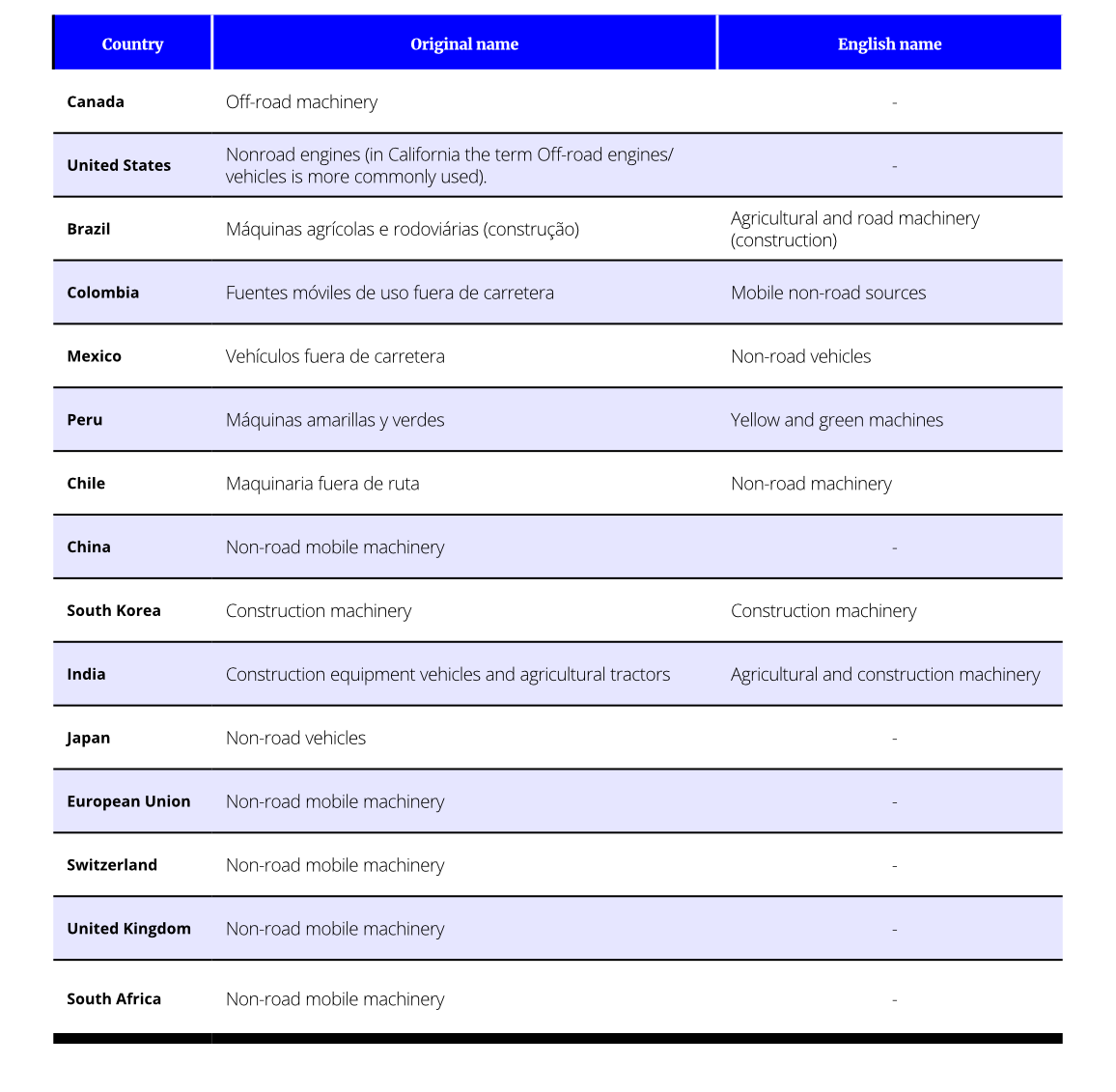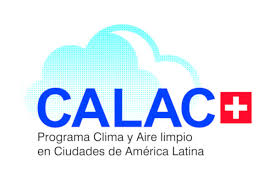Introduction
Introduction
The study presented in this document was developed under the Climate and Clean Air project in Latin American Cities (CALAC+), implemented by Swisscontact and funded by the Swiss Agency for Development and Cooperation (SDC). The study aims to contribute to the work stream “Urban policy incubators for off-road machinery”.
The study identified the main regulatory aspects used in different regions globally to control local pollutant emissions generated by machinery. This information will provide criteria for the technical discussions that are being held in Latin American countries to define the regulatory bases for reducing local pollutant emissions from this type of sources.
The document is structured as follows. Section 2 presents an executive summary of the study; Section 3 explains the methodology used to develop the study and lists the case studies included.
Sections 4 to 10 present the results of the case studies in areas including, among others:
- Definitions of Non-Road Mobile Machinery (NRMM).
- Identification of local pollutant reduction tools for non-road mobile machinery.
- Air pollutant emission standards
- Import requirements and type-approval processes
- Labelling processes
- Regulation on machinery useful life, repowering, overhaul and scrapping practices
- Operational and road circulation requirements
- Procedures for NRMM control and inspection during the operational phase
- Stakeholders involved in the import, manufacturing, registration, sale, inspection and end-of-life practices of NRMM
For terminology purposes, the international term “non-road mobile machinery” (non-road) is used in this document. However, in those cases where the regulation of a country or region uses the term “off-road”, this term is maintained in accordance with the terminology used in those cases.

